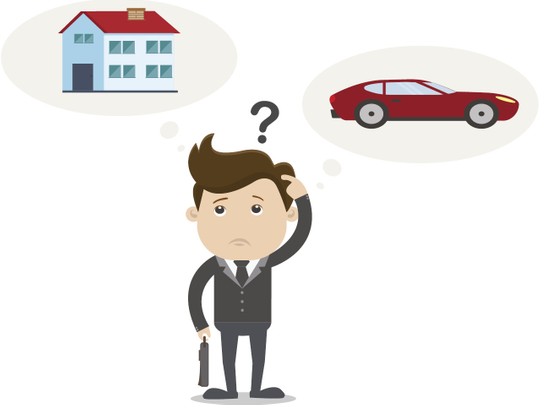
You would struggle to make a trip down Shaikh Zayed Road without spotting luxury rides and a handful of supercars; the UAE is humming with top-of-the-range vehicles and their cacophonous engines. UAE residents are racing to compete for the latest models on the road, thanks to cheap fuel prices. The emirate has long had a reputation for an obsession with ostentatious vehicles and collecting them has been an expensive hobby mainly confined to locals. But now foreigners — not to mention hotels and even the police and ambulance services — have invested in top-of-the-range sports cars. This has been attributed to an image-conscious population coupled with the low cost of running a vehicle.
Supercars and cheap fuel aside, UAE residents need to sit up and take notice of the potential housing market as a smart investment. After its initial boom and the subsequent downturn between 2008 and 2010, it took some time for investors to regain confidence in property investment. Scores of residents and foreign investors managed to cash in at the “high” of the market, but countless investors also saw major losses during the crash, before the market slowly re-emerged, albeit slightly bruised and battered. Since then, many keen investors have rightfully come to view Dubai’s real estate market as a long-term game, rather than merely a short-run opportunity to make a “quick buck”. Further to this, Dubai’s Real Estate Regulatory Agency has been created with the aim of making the emirate a more stable place to invest in property.
No matter where you are in the world, there are four key facts that will always ring true why you should buy a house over a car. Firstly, houses appreciate all the time. Over a 10-year period there is on average a 7 per cent growth. Downtown Dubai is a great example. For example, a two-bedroom home with a study in Downtown Dubai Old Town would have been purchased in 2008 for around Dh1.28 million and would now see on average a 10 per cent growth. Whereas a Ferrari F430 Spyder purchased in 2008 at an average price of Dh798,100 is now valued at around Dh298,948, a 61 per cent loss.
Secondly, a car depreciates at approximately 10 per cent a year. In other words, in five years your car is going to be worth half the value. You also can’t use your car to invest, buy securities or buy another property. Whereas a house, because it has an appreciating value, can be used towards future investments and future assets.
Another positive to take note of is that a house gives you a rent and a rental income. In Dubai the rent can far exceed any mortgage repayment or if bought outright can be pure income. Plus you have an asset that appreciates and gives you income and growth.
My only disclaimer about when you buy a car is if it inspires you to work harder, smarter and make more money that leads you to using that income to buy property. But always be honest about your own wants and needs. Maybe you don’t really need a Bentley, but buying property that appreciates over time is going to get you a Bentley.
Zaki Ameer is the founder of Dream Design Real Estate. The views expressed here are his own.












